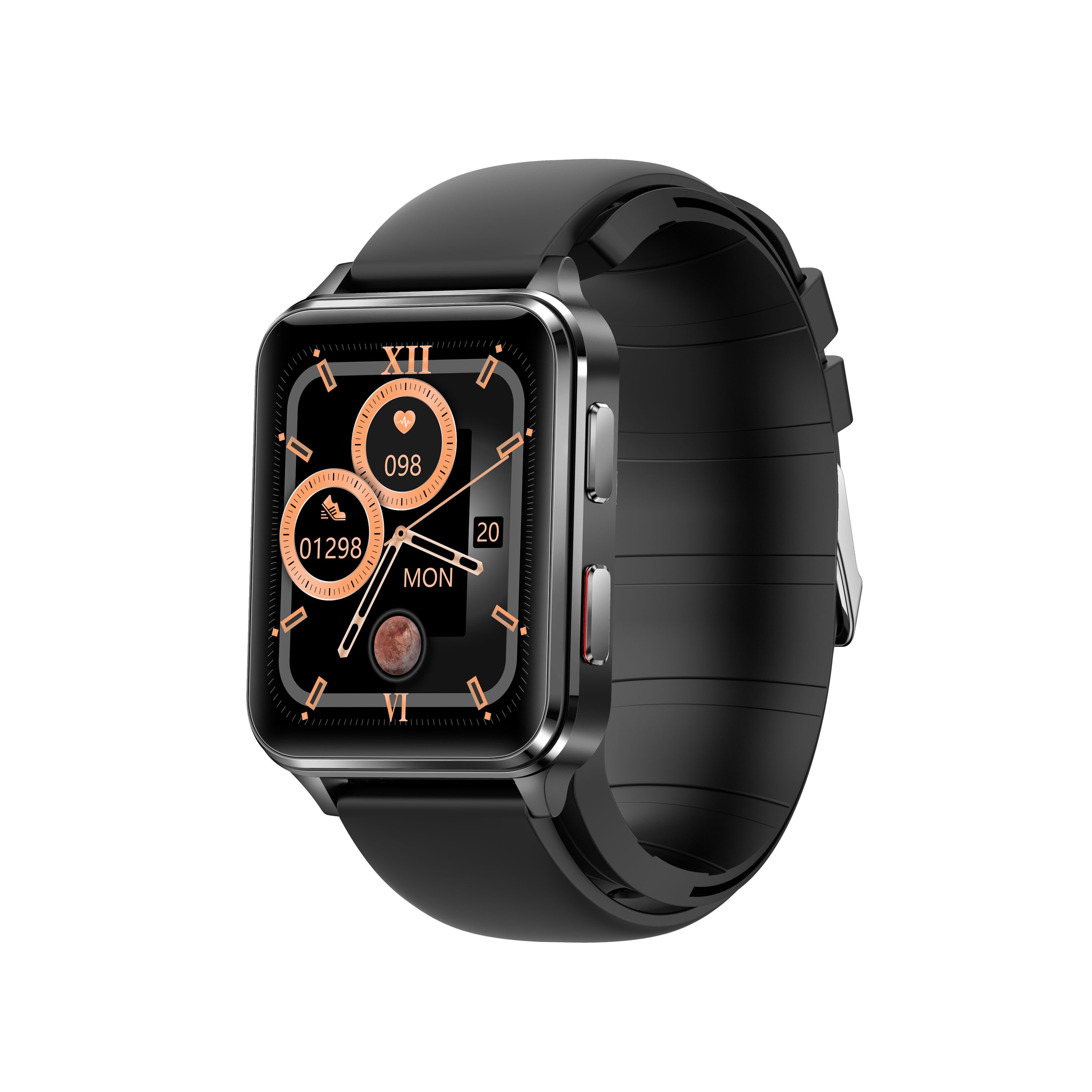How Important Sleep It Is For Heart Health
Dec 16, 2022
Smart Watch Sleep Monitor
As the weather gets colder, many people get into the habit of sleeping in. They found it cold and cold outside and could not get out of bed. In addition, the pace of life is accelerated now, many people for entertainment and work, often do not sleep well at night, it is easy to fall asleep at night, wake up in the morning. In fact, the quality of our sleep is closely related to our physical health.
According to a recent study published in the European Heart Journal, the amount of sleep you get is strongly related to physical health. Chronic sleep deprivation greatly increases the risk of coronary heart disease and stroke, leading to premature death; Sleeping too long also increases the risk of cardiovascular disease, which is also bad for your health.
According to the study, long sleepers were 48 percent more likely to develop coronary heart disease and 15 percent more likely to have a stroke. The researchers point out that in today's fast-paced and increasingly stressful society, many people are sacrificing a lot of sleep, which is not a good thing. Lack of sleep can affect a person's metabolism and affect the endocrine and immune systems. An adult should get six to eight hours of sleep a day. If it's less than five hours, it's a serious threat to his health, and if it's more than nine hours a day, it can affect his health and quality of life.
Sleep disorders can lead to cardiovascular disease, staying up late can lead to a weakened immune system, and the quality of our sleep can affect our physical functioning.
Can seven or eight hours of sleep be considered quality sleep?
In fact, when you sleep, you don't fall asleep all at once, but in several "sleep cycles". In simple terms, there are roughly three sleep cycles: light sleep, deep sleep, and REM sleep. The sleep cycle is from light sleep to deep sleep and REM sleep, and lasts about 90 minutes. If you think of a night's sleep as eight hours, it takes about four to five cycles, which means that we typically experience four to five deep sleeps per night. During deep sleep, growth hormone is released in large quantities, which has an important effect on the body's repair and growth.
So how can you increase the amount of deep sleep you get?
1. Avoid substances that interfere with sleep, such as alcohol, caffeine, and tobacco, which can reduce sleep quality.
Don't drink alcohol, coffee, strong tea, caffeine-containing energy drinks, or smoke a few hours before bed. On the surface, alcohol makes some people fall asleep faster, but it actually prevents you from falling into a deep sleep. In the process of sleep, people are also easy to wake up due to gastrointestinal discomfort, thirst and other reasons. There are also drugs. Some medications can also interfere with sleep. If you are taking medications, talk to your doctor about whether these medications may be causing sleep problems.
2. Get enough exercise and exercise regularly.
A lot of people ask, I work very tired during the day. Why do I dream at night? It's because you didn't sleep deep enough. Moderate exercise can help increase the amount of deep sleep you get. If you are physically able, walking briskly for at least half an hour a day may have good results. However, try not to do strenuous exercise right before bed.
3. Eat a light, balanced diet.
Do not overeat or eat indigestible food before bed, which may affect sleep. Such as flatulence food: the gas produced when digestion is more, can cause abdominal distension discomfort; Spicy food: easy to cause stomach burning sensation and indigestion; Greasy food: increase the burden of the organ such as intestine, stomach, liver and gallbladder. Try to have light dinners and light late night snacks. Might as well not eat it.
Good sleep is as much a part of a healthy life as nutrition and exercise. Improving your sleep improves your physical and mental health. A new statement from the American Heart Association (AHA) suggests that sleep duration and sleep disturbances may be risk factors for heart and cardiovascular disease. Therefore, in winter, patients with cardiovascular disease should pay more attention to maintain a regular and healthy sleep habits, create a comfortable sleep environment for themselves, and have a higher sleep quality as far as possible.
You can use the BP smartwatch to track your sleep. The BP smartwatch tracks how long you sleep and analyzes your sleep status using health data to determine how deep you sleep. With the BP smartwatch's sleep monitoring function, you can better understand your sleep and make countermeasures.












